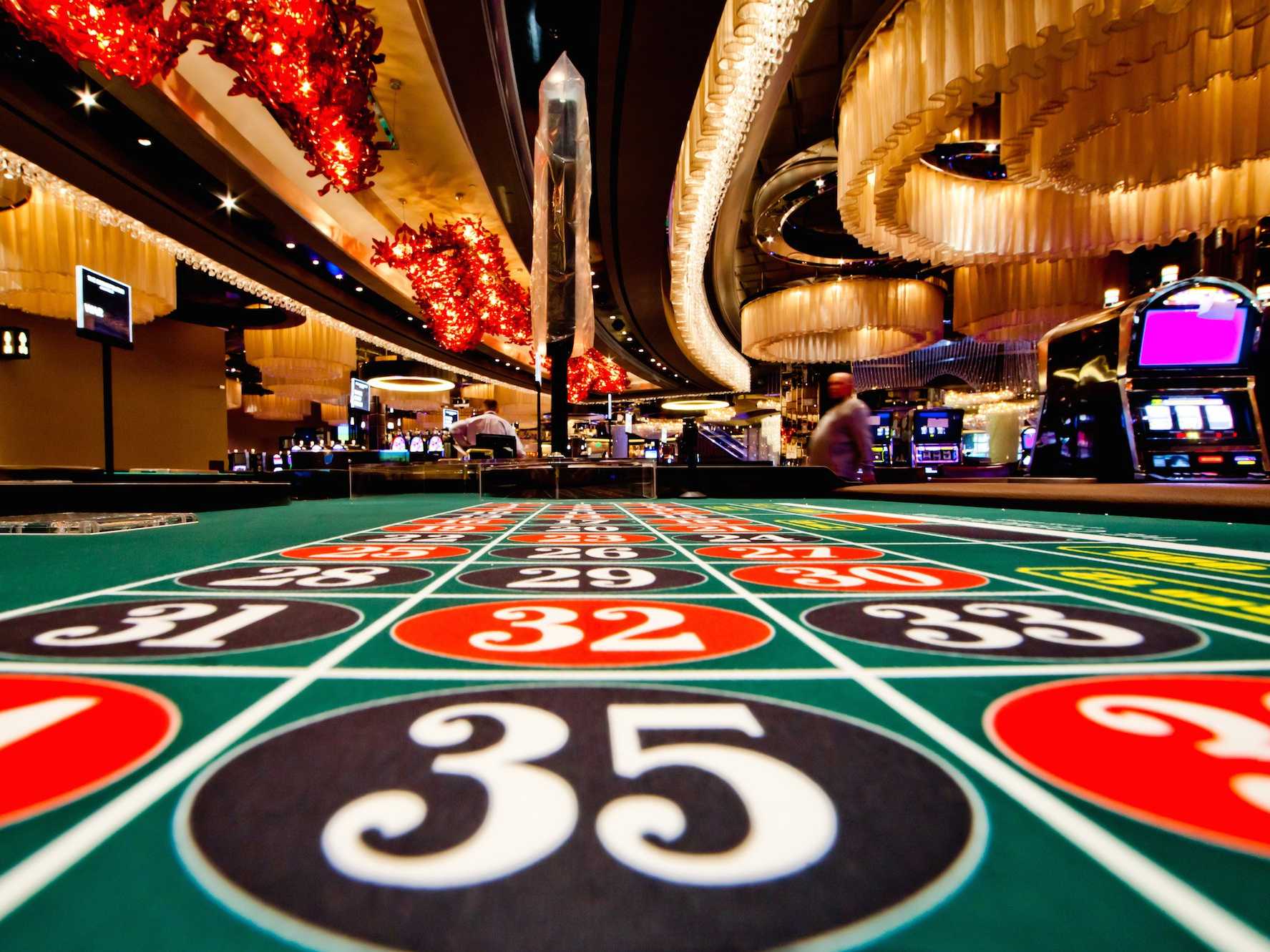
Casino games have long been linked with the rush of risk and the anticipation of luck. Many individuals walk into a casino with the assumption that their success hinges solely on chance occurrences. However, a more profound exploration reveals that these games encompass much more than just the element of luck. Understanding the mechanics, approaches, and human psychology behind casino games can greatly enhance the experience and improve one’s chances of winning.
Beyond the enticing sounds of revolving wheels and gameplay, casino games involve a diverse array of expertise, tactics, and decision-making. Whether you are playing blackjack, poker, or even baccarat, knowing the tactics can significantly influence the result of the game. Moreover, the psychology of the participants and understanding the chances behind each game can shift the balance of success away from mere fortune. By acknowledging these aspects, players can appreciate casino games as a mixture of fun and cognitive challenge, transforming their viewpoint from one of idleness to one of active engagement.
The Psychological Aspects of Gambling
Comprehending the psychology behind gambling reveals that player behavior is driven by much more than mere luck. The excitement of taking risks, immediate reinforcement, and a potential for achieving large sums can create a intense emotional experience. Numerous players find themselves captivated by the thrill, which can lead to a cycle of heightened betting and risk-taking, often fueled by a hopeful hopefulness that colors their views of winning probabilities.
An additional crucial element in the psychology of casino games is the illusion of control. Many gamblers believe that their decisions, such as the selection of games or betting patterns, can significantly affect the outcome. Such a belief can enhance their engagement and enjoyment, but it also contributes to persistent gambling behavior, as players often underestimate the role of randomness in these games. The thrill derived from making choices gives players a feeling of involvement, which can be misleading in terms of grasping the true odds involved.
Additionally, the environment of the casino holds a crucial role in shaping a gambler’s experience. Factors like lighting, sounds, and the presence of fellow gamblers create a stimulating atmosphere that enhances the thrill of the game. This thoughtfully crafted environment can lead individuals to lose track of time and money spent, as they become enveloped in a sensory experience that heightens their emotional investment. Recognizing these psychological dynamics is essential for understanding why casino games entice players and keep them coming back for more.
Expertise vs. Chance in Casino Games
In the world of casino games, the argument between skill and luck is a significant one. Many players believe that fortune is the dominant factor, especially in activities like slot machines where results are arbitrary. However, there are games that clearly showcase the importance of expertise, such as poker and blackjack, where players can employ tactics and decisions that affect their overall performance. Understanding the mechanics and intricacies of each activity can greatly impact a player’s performance and results.
The role of skill becomes evident when considering the different strategies accessible to players. In games like poker, for example, players must read their rivals, calculate probabilities, and make educated choices based on their cards and the shared cards. This depth of strategy showcases how skilled players can consistently defeat novices, proving that winning is not solely based on chance but rather on the application of knowledge and experience. Similarly, in 21, players can use strategies like counting cards to gain an advantage over the house, further illustrating the significance of expertise.
On the other hand, chance cannot be completely ignored in any casino game. While skill can enhance a player’s odds of success, unpredictable outcomes still play a crucial role. Even the best tactics can falter due to the random nature of card draws or spin results. This interaction between skill and chance creates a lively gaming environment where players must adapt and respond to unpredictable events while also leveraging their skills. Ultimately, successful gambling gaming is a mix of both elements, contributing to the intricacy and excitement of the experience.
Tactics for Winning
To excel in gambling, players must comprehend the importance of developing a plan tailored to the distinct title they are playing. Each game has its unique set of rules, probabilities, and intricacies that require a thoughtful approach. For case, in titles like craps, players can employ techniques such as card counting to make better decisions and boost their odds of winning. Understanding the odds and payouts associated with every title can enable players to make wiser choices and enhance their general enjoyment.
Financial control is another crucial strategy that cannot be missed. Players should define a financial limit for their gaming sessions and commit to it. This promises that they do not exceed and helps establish a level of control over their play behavior. Choosing in advance the amount to wager and the right moment to leave can avert emotional decisions that frequently cause big losses. Effective bankroll management allows players to enjoy casino games without the fear of going broke.
Finally, drawing lessons from gameplay and watching other players can provide beneficial insights. bensu4d Many successful players invest time analyzing not only their self-play but also that of fellow players. This observation can expose various tactics and methods, ultimately resulting in better decision-making. Participating in self-reflection after gaming sessions helps players recognize what was effective and what failed, enabling them to refine their strategies over time. By combining knowledge, focus, and observation, players can increase their chances of winning in gambling.
